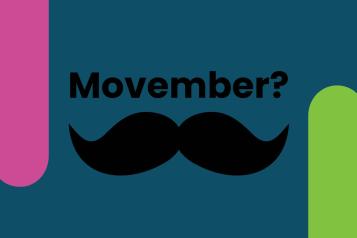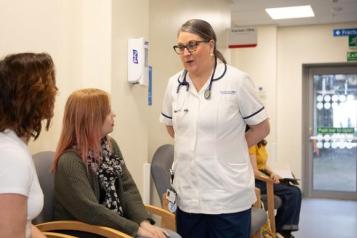How You Can Stay Healthy This Breast Cancer Awareness Month

This October, it's Breast Cancer Awareness Month 2024. Breast cancer is a big killer. It's dangerous, but you can very easily get ahead of it and keep yourself safe by checking yourself and keeping up to date on symptoms and risk factors. Read below:
Signs & symptoms
- A lump or swelling in the breast, upper chest or armpit
- A change to the skin, such as puckering or dimpling
- A change in the colour of the breast – the breast may look red or inflamed
- A nipple change, for example it has become pulled in (inverted)
- Rash or crusting around the nipple
- Unusual liquid (discharge) from either nipple
- Changes in size or shape of the breast
On its own, pain in your breasts is not usually a sign of breast cancer. But look out for pain in your breast or armpit that’s there all or almost all the time.
Although rare, men can get breast cancer. The most common symptom of breast cancer in men is a lump in the chest area.
Most breast changes, including breast lumps, are not cancer. But the sooner breast cancer is found, the more successful treatment is likely to be.
Get any new or unusual changes checked by a GP.
How to check your breasts
There’s no special way to check your breasts and you do not need any training.
Checking your breasts is as easy as TLC:
- Touch your breasts: can you feel anything new or unusual?
- Look for changes: does anything look different to you?
- Check any new or unusual changes with a GP
Everyone will have their own way of touching and looking for changes.
Get used to checking regularly and be aware of anything that’s new or different for you.
Check your whole breast area, including up to your collarbone (upper chest) and armpits.
So, now you're up to date on symptoms and risks, what can you do to solve any potential problems? One thing you can do is book a breast screening with the NHS, and get tested. Otherwise, seek some help from the organisations below.
Macmillan
Information and support for anyone affected by cancer.
- Website: www.macmillan.org.uk
- Helpline: 0808 808 00 00
Breast Cancer Now
Information and support for anyone affected by breast cancer.
- Website: https://breastcancernow.org
- Helpline: 0808 800 6000
Cancer Research UK
Information and support for anyone affected by cancer.
- Website: www.cancerresearchuk.org
- Nurse helpline: 0808 800 4040
Marie Curie
Care and support for anyone affected by terminal illness.
- Website: www.mariecurie.org.uk
- Helpline: 0800 090 2309
Remember, you are not alone.


